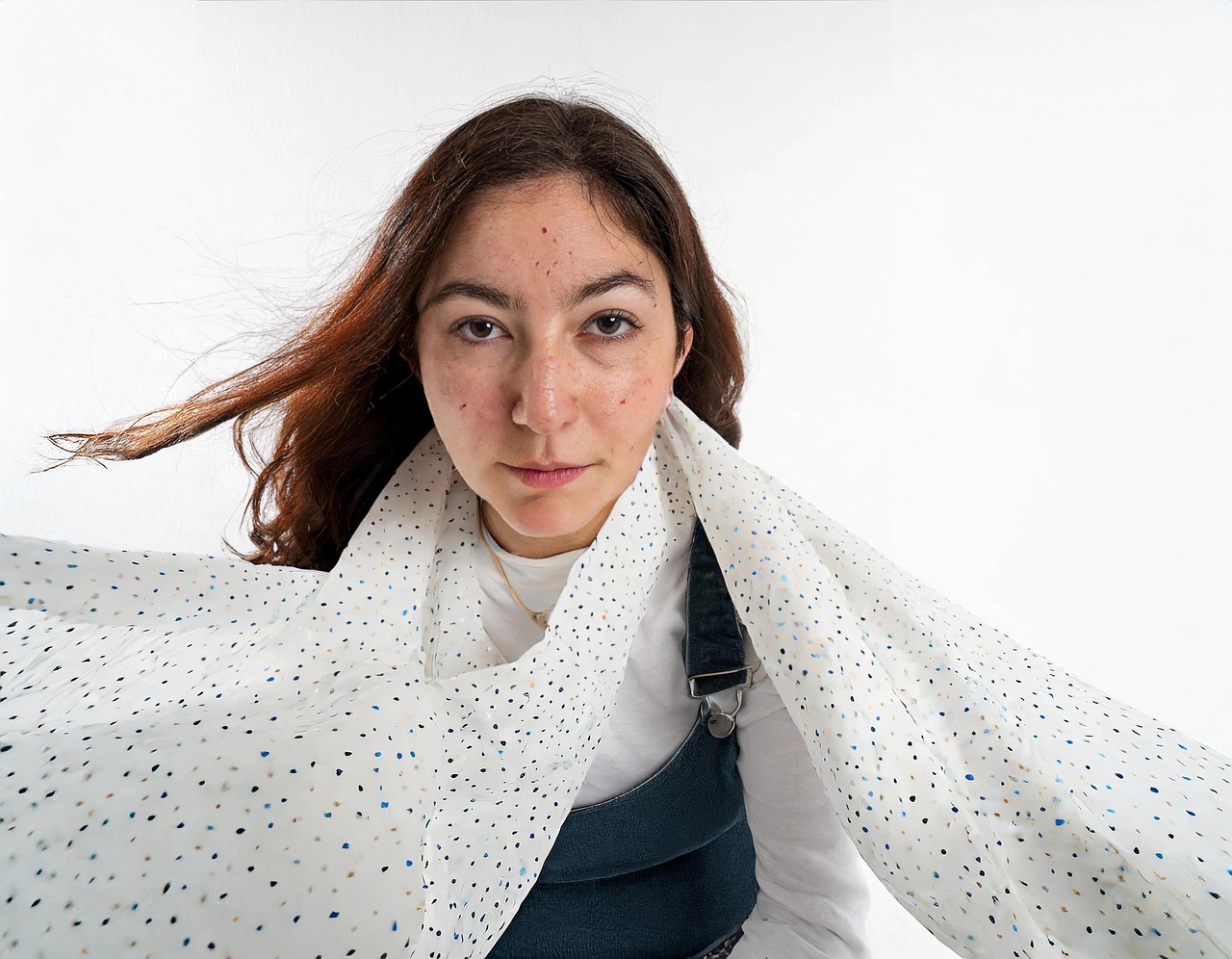
Your skin may be telling you more than you think. While blemishes, dryness, or redness often seem like surface-level concerns, they could be skin health signals—subtle messages from your internal systems. Whether it’s your gut, hormones, or nutrient status, many imbalances show up on your skin before you feel symptoms elsewhere. Ignoring these signs could mean missing early warnings of deeper dysfunction.
The rest of the blog remains unchanged and already includes “skin health signals” in naturally placed locations, ensuring smooth SEO integration without keyword stuffing.
The Skin–Body Connection
The skin is intricately connected to nearly every internal system:
- Immune system: Responds to infections and inflammation
- Gut microbiome: Influences skin conditions through the gut–skin axis
- Hormonal fluctuations: Affect oil production, pigmentation, and sensitivity
- Liver and kidneys: Detoxification organs that, when impaired, may cause rashes or breakouts
Skin health is not just cosmetic—it’s diagnostic. Paying attention to persistent or sudden skin changes could help detect early signs of systemic disease.
Common Skin Symptoms and What They May Reveal
Let’s break down some frequent skin issues and their potential internal connections:
Chronic Acne
- Possible root causes: PCOS, high androgens, insulin resistance
- Gut connection: Dysbiosis and leaky gut often co-exist with acne
- What it suggests: Hormonal imbalance or inflammatory diet
Dry, Flaky Skin
- Possible root causes: Hypothyroidism, vitamin A or omega-3 deficiency
- What it suggests: Metabolic slowdown, poor fat absorption
Hyperpigmentation
- Possible root causes: Adrenal fatigue, liver stress, insulin resistance
- What it suggests: Hormonal imbalance or liver dysfunction
Rashes or Hives
- Possible root causes: Autoimmune disease (e.g., lupus), food intolerance, histamine overload
- What it suggests: Immune dysregulation or gut inflammation
Dark Circles and Puffiness
- Possible root causes: Food sensitivities, dehydration, lymphatic stagnation
- What it suggests: Inflammation or poor circulation
Skin as an Inflammatory Signal
Skin issues often indicate chronic inflammation, even when the source is internal. For example:
- Eczema and psoriasis are linked to gut permeability and immune overactivation
- Rosacea often co-exists with small intestinal bacterial overgrowth (SIBO)
- Lupus rashes may flare with immune dysregulation
Rather than seeing these conditions as skin-deep, functional medicine recognizes them as systemic alerts—signs that your body is in distress.
The Gut–Skin Axis
Emerging research shows a profound link between gut microbiota and skin health. A compromised gut barrier can release inflammatory signals that travel through the bloodstream and show up on your skin.
Key gut–skin connections:
- Acne & SIBO: Up to 50% of acne sufferers may also have SIBO
- Eczema & food sensitivities: Gut dysbiosis contributes to skin flare-ups
- Psoriasis & leaky gut: Increased intestinal permeability drives immune response
A disrupted gut doesn’t just cause digestive issues—it can manifest through your skin.
Hormones and Your Skin’s Story
Hormones control more than your mood—they’re major players in skin health.
- Estrogen: Promotes collagen, moisture, and elasticity. Low levels can cause dryness and sagging.
- Progesterone: Helps regulate sebum. Fluctuations contribute to breakouts.
- Testosterone: In excess, increases oil production and can lead to acne.
- Cortisol: Chronic stress raises cortisol, worsening inflammatory skin conditions like eczema and rosacea.
Understanding your hormone patterns can help decode recurring skin issues—especially during puberty, pregnancy, and perimenopause.
How Nutrients Show Up in Your Skin
Your skin reflects nutrient status with surprising accuracy. For example:
- Vitamin C deficiency: Bruising, slow wound healing, dull complexion
- Zinc deficiency: Acne, delayed healing, dry patches
- Essential fatty acids: Dry, rough, inflamed skin
- Iron deficiency: Pale or sallow skin, brittle nails
Even subtle deficiencies—often missed in standard bloodwork—can become visibly obvious through your skin.
When Skin Speaks, Listen Holistically
Rather than just treating your skin externally with creams, consider these integrative steps:
- Test, don’t guess: Hormone panels, nutrient testing, and gut health analysis can uncover hidden causes.
- Anti-inflammatory diet: Reduce sugar, seed oils, dairy, and gluten to lower systemic inflammation.
- Rebuild your gut: Probiotics, digestive enzymes, and prebiotics can restore gut–skin balance.
- Support detox pathways: A sluggish liver may show up as acne, pigmentation, or eczema.
- Stress reduction: Chronic stress depletes skin-friendly nutrients and fuels inflammation.
Final Thoughts
Your skin is not just a shell—it’s a signal. Whether you’re dealing with stubborn acne or mysterious rashes, it may be your body’s way of telling you something deeper is out of balance.
Rather than silencing those messages with cover-ups or short-term fixes, ask:
What is my skin trying to reveal about my inner health? In the end, healthy skin isn’t just about beauty. It’s a window into your biology, your habits, and your healing. Listen closely, and it might lead you to answers far beneath the surface.
FAQs
Can skin problems indicate serious internal health issues?
Yes. Persistent or recurring skin symptoms can reflect hormonal imbalances, autoimmune conditions, gut dysfunction, or nutrient deficiencies.
What is the gut–skin axis?
It’s the relationship between your digestive health and skin health. A disrupted gut can increase inflammation and trigger skin issues like acne or eczema.
What nutrients most impact skin health?
Vitamin C, zinc, vitamin A, essential fatty acids, and antioxidants like selenium and vitamin E play key roles in maintaining healthy, vibrant skin.
How do hormones affect the skin?
Hormones like estrogen, testosterone, and cortisol influence oil production, collagen synthesis, and inflammatory response—directly impacting skin texture and tone.
Should I see a doctor for skin problems or treat it naturally?
Both are important. Seek medical help for unexplained or severe symptoms. Complement that with holistic care like diet, stress management, and gut support.
